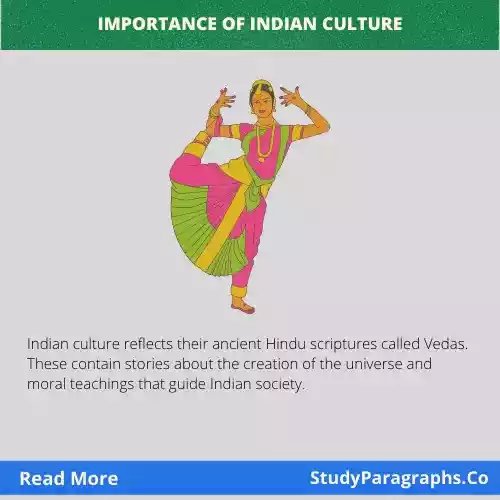Write An Essay On Traditional Marriage In Nigeria
Exploring the depths of Nigerian culture unveils the captivating tapestry of traditional marriage, an integral facet that resonates deeply within our society. More than a mere union of individuals, traditional marriage in Nigeria encapsulates the essence of familial ties and ancestral heritage. Rooted in the diverse traditions of our approximately 300 ethnic groups, this institution is a living testament to the unity that exists within our cultural diversity.
Essay: Traditional Marriage in Nigeria: A Celebration of Culture and Unity
The intricate tapestry of Nigerian traditional marriages can be appreciated through a glimpse into the practices of the Igbo, Yoruba, Fulani, and Tiv ethnic groups.
Igbo
Traditional Marriage
The Igbo people commence their marriage rites with an inquiry, a symbolic “coming to knock or inquire,” signifying the formal expression of interest in marriage. This process is marked by the groom’s visit to the bride’s family, accompanied by his father or eldest family member. The significance of this tradition lies in the solemn interaction between the two families, as the groom’s intentions are announced, and the bride-to-be’s consent is sought.
Yoruba Traditional Marriage
Among the Yoruba, the journey to matrimony commences with a representative of the groom’s family inquiring about the bride’s availability. Once mutual agreement is reached, the introduction ceremony solidifies the union of the families and serves as a platform for them to forge connections. This interplay between families underlines the Yoruba’s commitment to communal bonds and shared values.
Fulani Traditional Marriage
In the Fulani tradition, the path to marriage begins with a representative from the groom’s family making inquiries about the bride’s availability. Subsequently, a delegation visit solidifies the introduction ceremony, deepening the bonds between families. The exchange of dowry or bride price underscores the commitment and respect shared between the families, strengthening their connections.
Tiv Traditional Marriage
The Tiv people, with their unique variations, showcase the extensive spectrum of Nigerian cultural diversity. From marriage by exchange to sister marriage, each variation reveals distinct values and customs, offering a glimpse into the intricate layers of Tiv society. These practices reflect the Tiv people’s profound connection to their heritage and the value they place on preserving their traditions.
Traditional marriage, in essence, signifies commitment and loyalty, serving as a testament to the dedication of couples. Beyond this, it functions as a conduit for preserving cultural identity, allowing the kaleidoscope of traditions to illuminate our nation’s landscape. Furthermore, traditional marriage reinforces familial bonds, forging unity and belonging as relatives gather to celebrate this cherished occasion.
However, it is imperative to acknowledge the evolution of traditional marriage in Nigeria over time. While core values and customs remain unwavering, societal changes, globalization, and urbanization have introduced new dynamics to these age-old practices. Modernity introduces both opportunities and challenges, demanding a delicate balance between preserving traditions and adapting to the changing world.
Conclusion
In conclusion, traditional marriage in Nigeria represents a vibrant tapestry interwoven with cultural diversity, family bonds, and ancestral reverence. As we navigate the intricate path of modernity, let us cherish and safeguard these traditions, for they serve as threads that connect us to our past while guiding us toward a promising future.

Hello! Welcome to my Blog StudyParagraphs.co. My name is Angelina. I am a college professor. I love reading writing for kids students. This blog is full with valuable knowledge for all class students. Thank you for reading my articles.




